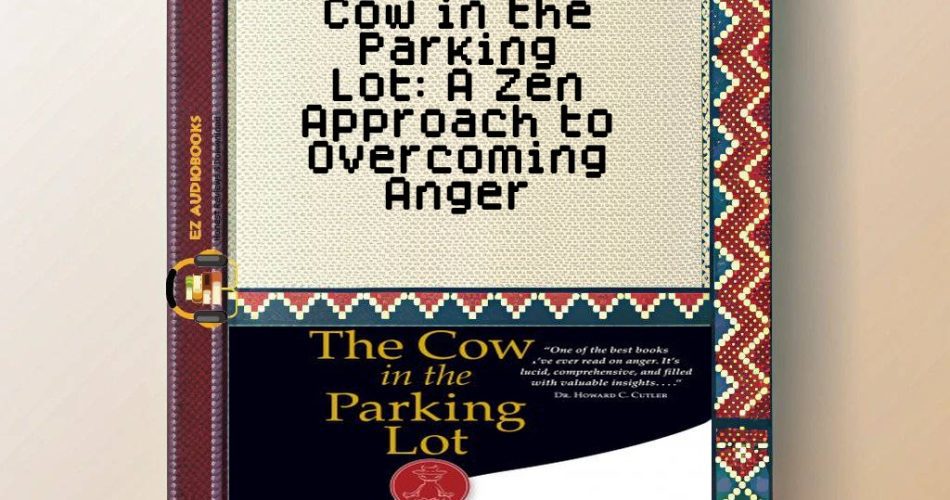Audiobook Sample
Listen to the sample to experience the story.
Please wait while we verify your browser...
- Title: Cow in the Parking Lot: A Zen Approach to Overcoming Anger
- Author: Leonard Scheff, Susan Edmiston
- Narrator: Bill Mendieta
- Length: 04:50:00
- Version: Abridged
- Release Date: 08/06/2010
- Publisher: HighBridge Company
- Genre: Self Development, Health & Wellness, Self Development, Health & Wellness
- ISBN13: 9.78E+12
There’s a particular kind of magic that happens when the right book finds you at the right moment. For me, “Cow in the Parking Lot: A Zen Approach to Overcoming Anger” arrived during a sweltering afternoon in Bangkok, when the honking tuk-tuks and shouting street vendors had frayed my last nerve. As I pressed play on this audiobook, Bill Mendieta’s calm voice cut through the chaos like a monk’s bell in a storm, and I found myself transported back to the quiet courtyards of Kyoto’s temples where I first encountered Zen philosophy years ago.
Scheff and Edmiston’s brilliant premise – that our anger stems not from external events but from our own unmet demands – unfolds with the gentle persistence of a Zen master’s teaching. The titular parking lot scenario immediately resonated with my travel-worn psyche. How many times had I felt that hot surge of rage when someone ‘stole’ my train seat or jumped the queue at airport security? The authors’ genius lies in reframing these everyday frustrations through Buddhist psychology, showing how we create our own suffering by clinging to expectations of how things ‘should’ be.
Narrator Bill Mendieta delivers a masterclass in audio storytelling. His voice carries the perfect balance of warmth and authority, like a wise uncle sharing hard-won life lessons. There’s a rhythmic quality to his delivery that mirrors the meditative concepts in the text – he knows exactly when to pause for reflection, when to emphasize a key point, and when to let the wisdom speak for itself. Listening to him explain the four types of demands (that brilliant categorization of Important/Reasonable down to Impossible) felt like receiving personalized therapy during my morning walks through Bangkok’s Lumpini Park.
What makes this audiobook exceptional is how it transforms abstract philosophy into practical tools. The section on ‘laughing at ourselves’ particularly struck me, recalling a memory from Oaxaca where I’d worked myself into a fury over a missed bus, only to have a local grandmother chuckle and say, ‘The road isn’t angry, why are you?’ Scheff and Edmiston provide similar perspective shifts, teaching us to replace our knee-jerk anger with curiosity and compassion.
Compared to other mindfulness titles like Mark Manson’s “The Subtle Art of Not Giving a F*uck”, this work offers a more structured, psychologically grounded approach to emotional regulation. Where Manson advocates selective apathy, “Cow in the Parking Lot* teaches active transformation of our emotional responses. The Buddhist framework provides timeless wisdom without requiring any religious commitment – it’s psychology dressed in monk’s robes.
The audio production deserves special praise. At just over two hours, it’s concise enough for busy lives but dense with actionable insights. The pacing allows for natural reflection, and the chapter breaks create perfect stopping points for practicing the techniques. My only critique is that I wished for more real-world examples beyond the parking lot scenario – perhaps stories from the authors’ therapy practices to illustrate the concepts further.
For travelers like myself who frequently face stressful situations, this audiobook has become an essential companion. I’ve started applying its principles everywhere from overcrowded metro systems to delayed flights, and the difference in my mental state is remarkable. The next time you feel anger rising, imagine that cow in your mental parking lot – you might just find yourself smiling instead of steaming.
With mindful wanderlust,
Marcus Rivera

